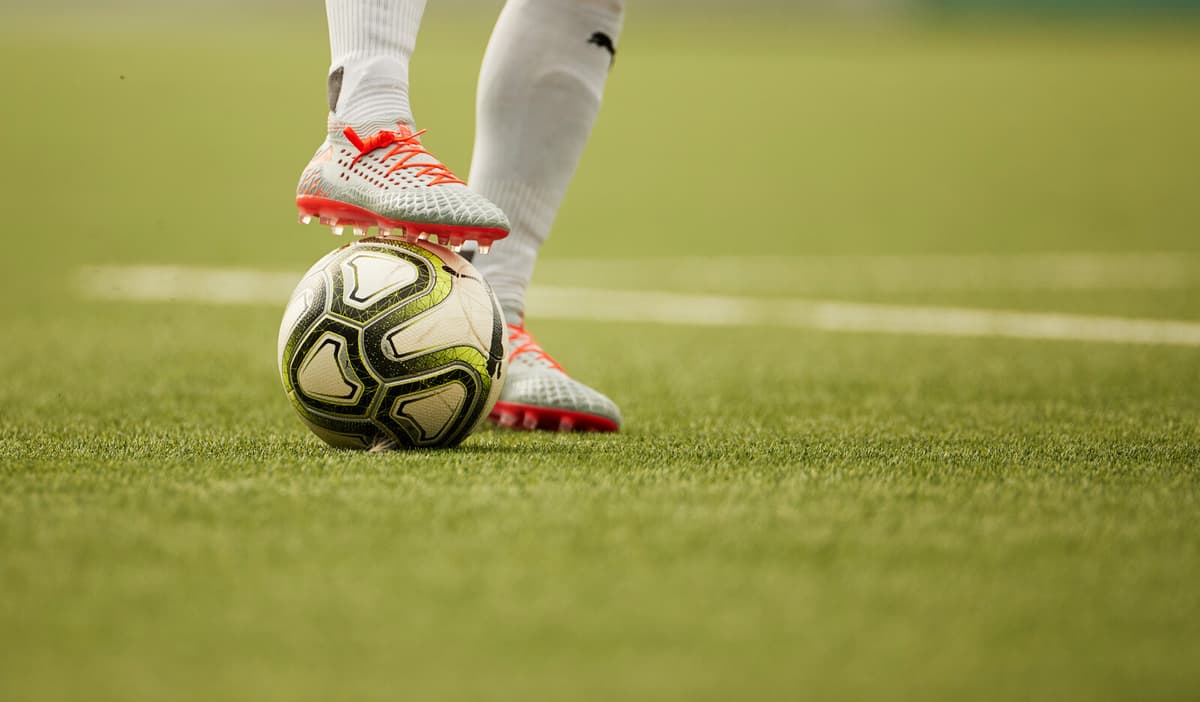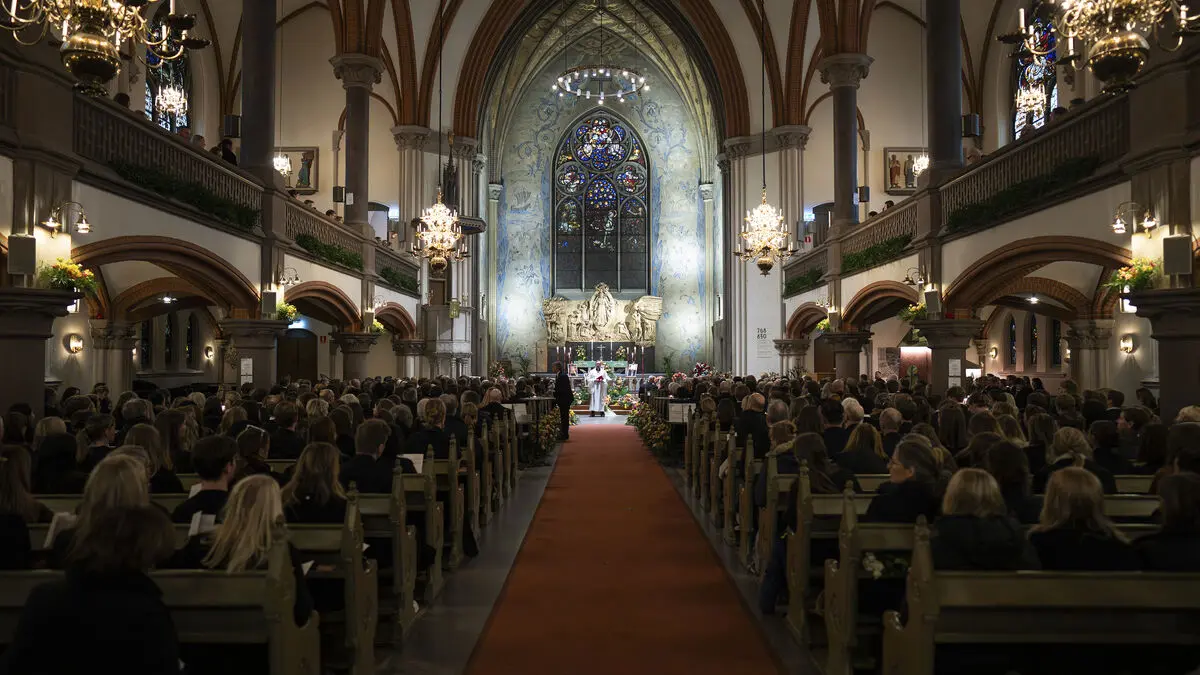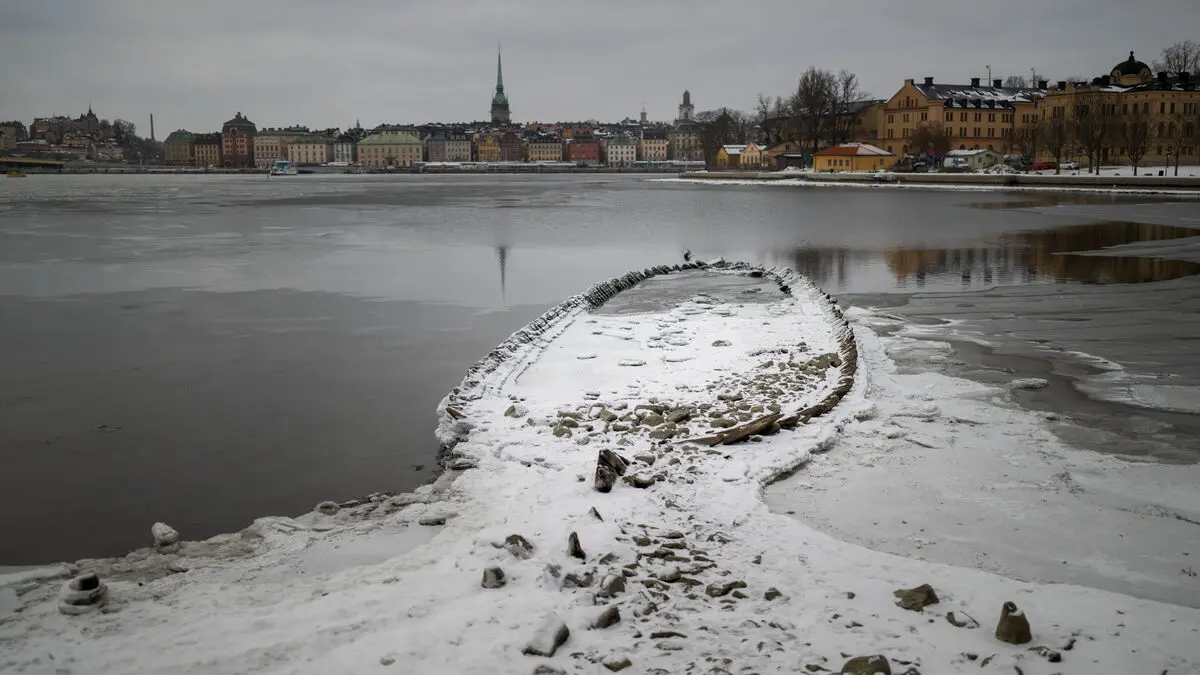The Norwegian Football Association and Anti-Doping Norway presented the results of their investigation on Friday. The elevated levels of the doping-classified substance DMBA in the players were due to contamination from the rubber granules used on the artificial turf.
"Laboratory analyzes of the rubber granules in the LSK hall were performed, which showed DMBA residues. The finding confirms that none of the players have ingested a prohibited substance, either intentionally or through negligence, and this supports the hypothesis that the clubs have had all the time – namely that the players are innocent", writes Lilleström on its website.
It was after the match between LSK and Vålerenga in the Norwegian women's top league in April that Anti-Doping Norway tested eight players.
DMBA is a synthetic substance that stimulates the central nervous system, according to Anti-Doping Norway, and is included on WADA's, the international anti-doping organization, doping list.
The Norwegian Football Association now recommends avoiding competitive matches on indoor artificial turf so that it does not affect doping tests.
The Football Association's Secretary General Karl-Petter Løken emphasized, however, that all outdoor activities, both matches and training, can continue as before.
There is no reason to worry about health risks, he said at a press conference.






